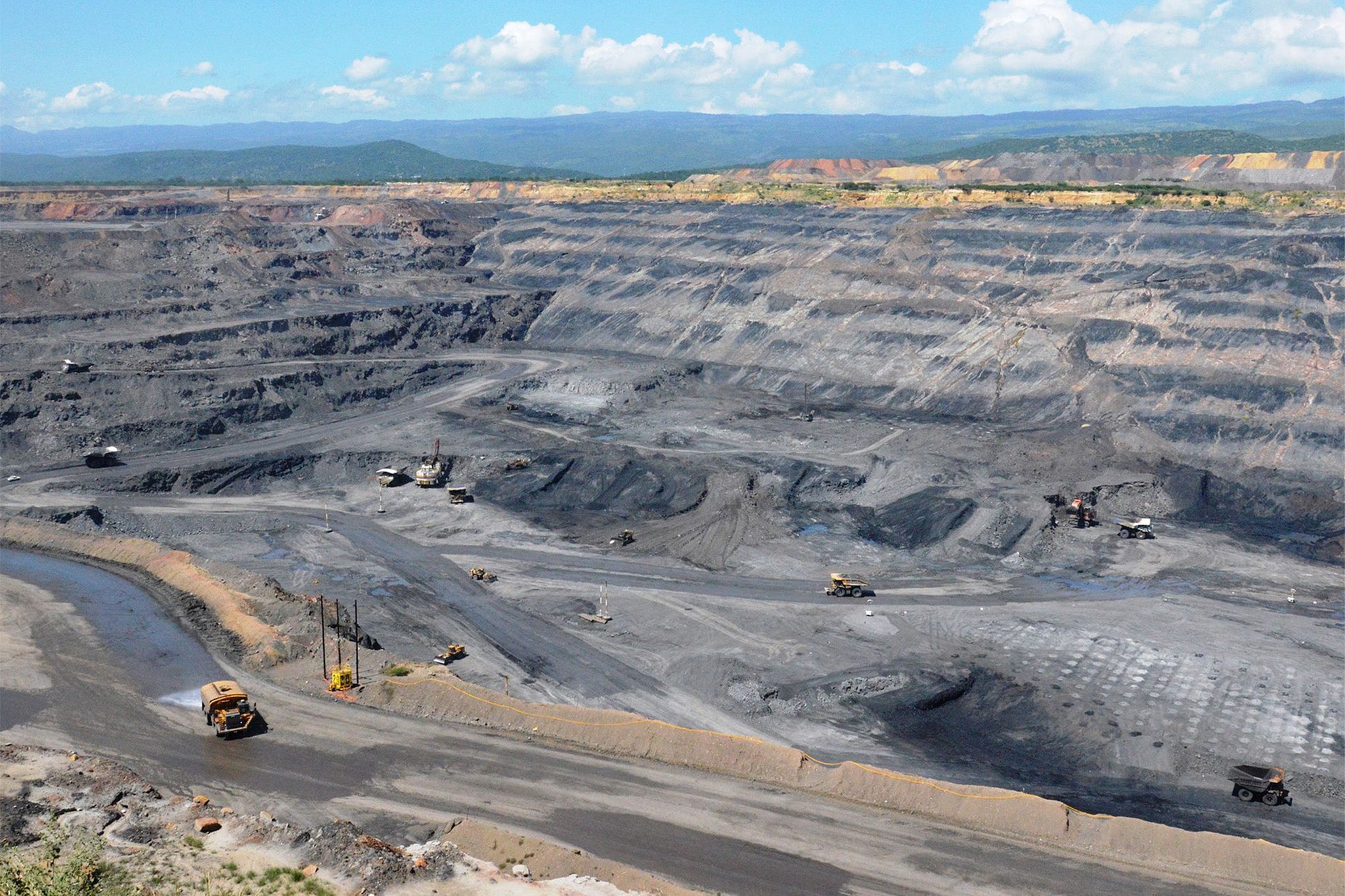ARTICLE AD BOX
HSBC has been accused of “bulldozing” through one of its key climate pledges by helping raise $1 billion (£750bn) for the mining giant Glencore.
Following pressure from climate-conscious investors, HSBC promised in December 2021 to stop funding companies that were increasing coal production.
Yet new analysis from the Bureau of Investigative Journalism and The Independent has found that the bank helped raise $1bn for Glencore in May 2023. Glencore had increased coal production in the two previous years.
Epworth Investment Management, which is both a customer of HSBC and investor in its shares and bonds hit out at HSBC. Its deputy chief executive Andrew Harper said: “If these reports are accurate, then HSBC hasn’t just bent its coal policy – it has bulldozed through it.” He said the deal with Glencore “goes against both the spirit and the letter of HSBC's policy”.
“This isn’t a grey area. It's a clear line being crossed,” he added.
“This is a really shocking finding and it just goes to demonstrate how there is such a lack of accountability even within HSBC itself,” said Zahra Hdidou, senior climate and resilience advisor at ActionAid, a non-profit organisation that banks with HSBC.
“Despite its own ‘green’ rhetoric and what they would like the public to see and think about their ethics, HSBC is clearly falling short, neglecting its responsibility to the planet while keeping its customers in the dark about the true impact of its financing.”
The $1bn funding for Glencore was found via new analysis of data on climate-focused bank switching platform bank.green, which compares banks’ lending with their public commitments around funding coal companies. Specifically, HSBC helped Glencore raise two $500 million corporate bonds that mature in 2028 and 2033.
Glencore’s coal extraction increased year-on-year between 2021 and 2023. The company extracted 94 million tonnes of coal in 2021, rising to 101 million in 2022, and 106 million in 2023, according to Glencore annual reports. As a point of comparison, the EU’s 27 countries collectively consumed 128 million tonnes of hard coal in 2023.
Anders Schelde, chief investment officer at AkademikerPension, a Danish pension fund that invests in HSBC and is part of a group of investors that has pushed the bank to strengthen its climate commitments. , said he took the alleged breaches in the bank’s coal policy “very seriously”.
“We do not believe there is room for backtracking as it would put HSBC’s credibility on the line,” he said.
Responding to these findings, HSBC said: “We follow a clear set of sustainability risk policies which support our ambition to align the financed emissions in our portfolio to net zero by 2050. We do not comment on client relationships.”

HSBC has rolled back some climate pledges in recent months. It has delayed its net zero targets by 20 years, introduced exceptions to its coal policy and dropped the chief sustainability officer role from its executive board.
One of the mines that Glencore owns is the vast Cerrejón open-pit coal mine in Colombia, which is almost six times the size of Manchester. Glencore – which bought out the mine’s previous co-owners in 2022 – intends to extract coal from the site until at least 2034.
In 2020, a UN special rapporteur said that people living nearby suffered from headaches, breathing difficulties, burning eyes and blurred vision due to the machinery used to extract coal from the mine round the clock, seven days a week.
Meanwhile, Grismaldo, an indigenous Wayúu man in his 20s, said that they used to use water from the Ranchería river – which passes through the mine site – for washing and bathing. “Everyone here used to benefit. It changed a lot because of the mine. Some animals that drank from these waters became ill or died.”
Glencore said in response: “We aim to avoid harm to people from our activities, respect human rights, [and] contribute to the social and economic development of people and society more widely,” adding that it follows best business practices in line with international standards. The company said its activities do not negatively affect the Ranchería river’s water quality or volumes, and that the flow rate increases as it passes through the mine.
HSBC is due to hold its Annual General Meeting on Friday, with recent reports suggesting that the bank may move the meeting online in the future to avoid disruptions from climate protestors.









 English (US) ·
English (US) ·